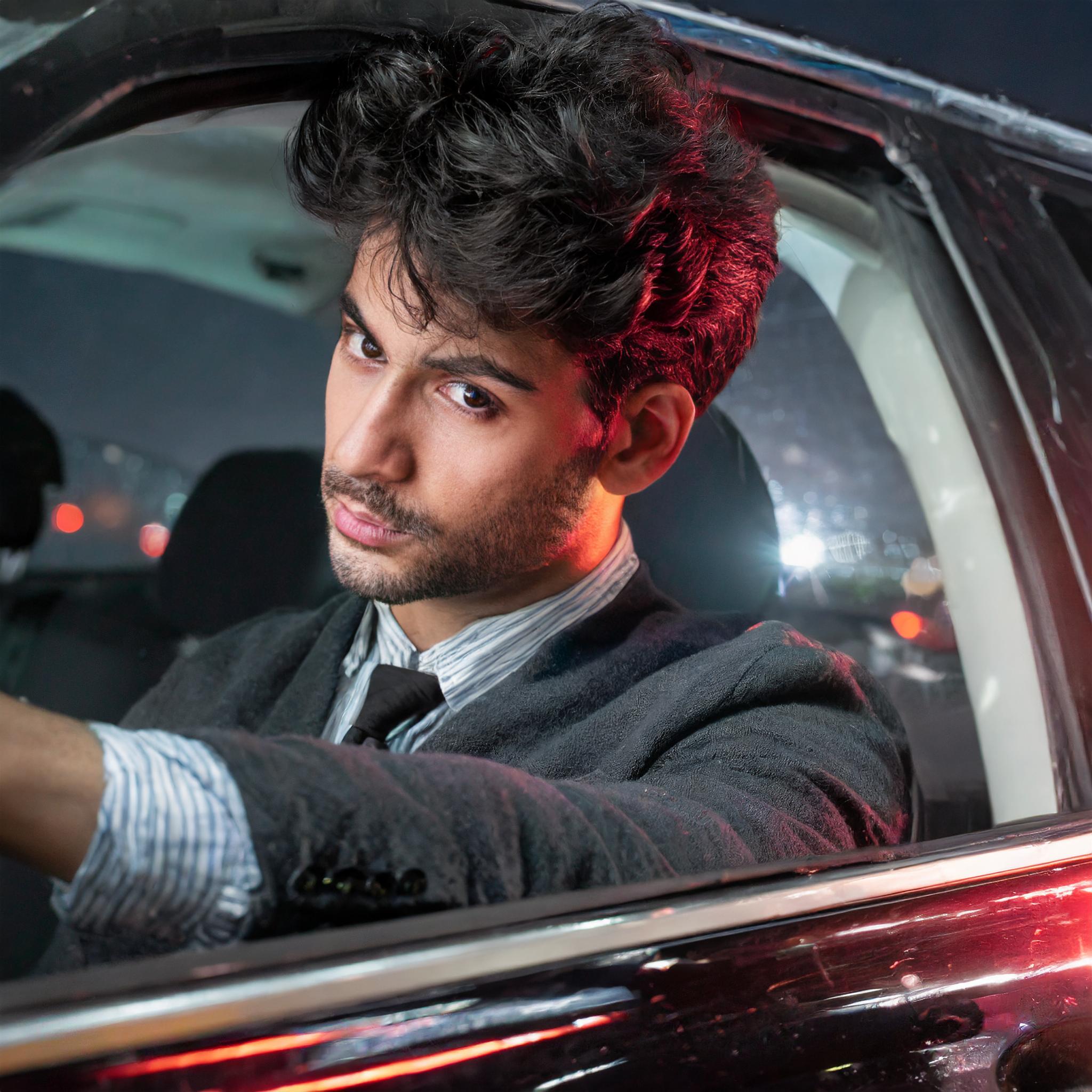Drunk driving remains a significant public safety issue, causing thousands of accidents and fatalities each year. The decision to get behind the wheel after consuming alcohol not only endangers the driver but everyone else on the road as well. Recognizing and reporting drunk driving can be a crucial step in preventing these needless tragedies and ensuring our roads are safer for all.
Table of Contents
- Recognizing the Signs of Drunk Driving
- The Importance of Reporting Drunk Driving
- How to Safely Report a Suspected Drunk Driver
- What Happens After You Report?
- Legal Consequences for Drunk Driving
Recognizing the Signs of Drunk Driving
Recognizing the signs of drunk driving is essential for identifying potentially impaired drivers before they cause harm. Common indicators include erratic driving behaviors such as swerving, abrupt stopping, speeding or driving significantly below the speed limit, and ignoring traffic signals or road signs.
Additionally, a driver who makes wide turns, drifts in and out of lanes, or has delayed reactions to traffic lights may also be under the influence. Observing these warning signs from a safe distance can help determine whether there’s reason to suspect that someone is driving while intoxicated and needs to be reported for everyone’s safety on the road.
The Importance of Reporting Drunk Driving
The importance of reporting drunk driving cannot be overstated, as it plays a critical role in safeguarding public safety. Every year, drunk driving claims thousands of lives and causes countless injuries, many of which could have been prevented with timely intervention. By taking the initiative to report suspected impaired drivers, individuals contribute to reducing accidents and fatalities on the roads.
This proactive approach not only helps law enforcement promptly address dangerous situations but also sends a strong message about community standards regarding road safety and responsible behavior. Ultimately, reporting drunk driving is an act of civic responsibility that protects innocent lives and upholds the well-being of society at large.
How to Safely Report a Suspected Drunk Driver
How to safely report a suspected drunk driver involves several crucial steps that prioritize your safety while ensuring the effectiveness of the report.
- Keeping Your Distance: First and foremost, maintain a safe distance from the suspected vehicle to avoid putting yourself in harm’s way. Do not attempt to stop or confront the driver.
- Noting Important Details: Try to memorize or quickly note key details about the vehicle, such as make, model, color, license plate number, and any distinctive features (e.g., damage or stickers). Also take note of the location (road name and direction), behavior indicating impairment, and if possible, how many people are in the car.
- Making The Call: What Information To Provide: Once you have observed from a safe distance and collected necessary details without compromising your own safety on the road, use a hands-free device and call local authorities or emergency services. Explain the situation clearly and concisely providing all relevant information gathered. This includes a description of erratic driving behaviors witnessed, and the specific location and direction the car is traveling. This data is critical to helping law enforcement respond swiftly and effectively.
By following these guidelines individuals can assist police efforts to detain potentially dangerous drivers before they cause accidents, ensuring roads remain safer for everyone involved.
What Happens After You Report?
What happens after you report a suspected drunk driver is crucial in the efforts to prevent potential accidents and uphold road safety. Once law enforcement receives your call, they will assess the information provided and determine the best course of action. This typically involves dispatching a patrol unit to locate and observe the vehicle in question based on your descriptions of its location, direction, and driving behavior.
Officers trained in identifying signs of impairment will then conduct a stop if they also observe indications of intoxicated driving. The subsequent steps may include field sobriety tests or breathalyzer tests to objectively measure the driver’s level of intoxication. If these assessments confirm that the driver is indeed under the influence, law enforcement can take them into custody for drunk driving offenses, thereby removing an immediate threat from public roads.
This process underscores how citizen reports play an integral role in enabling timely police intervention—potentially averting dangerous situations before they escalate into serious incidents or tragedies.
Legal Consequences for Drunk Driving
Legal consequences for drunk driving are designed to deter individuals from engaging in this dangerous behavior and to penalize those who disregard the law. Upon conviction, drivers found guilty of operating a vehicle under the influence can face a range of penalties that vary by jurisdiction but commonly include hefty fines, license suspension or revocation, mandatory alcohol education programs, and possibly jail time. In some cases, especially where injury or death has occurred as a result of drunk driving, sentences may be significantly more severe.
Additionally, convicted individuals might be required to install ignition interlock devices on their vehicles at their own expense. These devices prevent the car from starting if alcohol is detected in the driver’s breath. The legal repercussions extend beyond these immediate sanctions; having a DUI (Driving Under the Influence) record can impact one’s employment opportunities, increase insurance rates, and carry a social stigma.
These stringent measures reflect society’s growing intolerance towards drunk driving and underscore the serious commitment to preventing such offenses through both punitive actions against offenders and educational campaigns aimed at promoting responsible drinking behaviors.
If you or a loved one have been affected by a drunk driving accident, contact us at Silver Injury Law immediately. This will allow our attorneys to get on the scene as soon as possible to preserve evidence, thus giving you your best shot at a just outcome.




